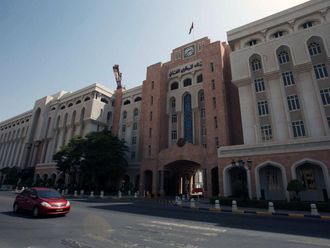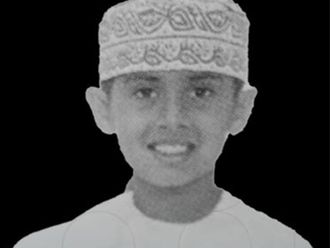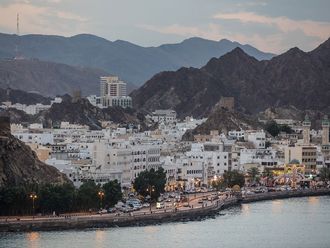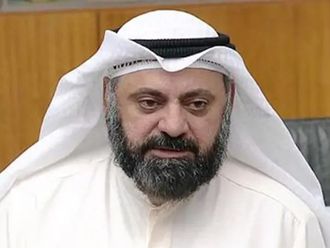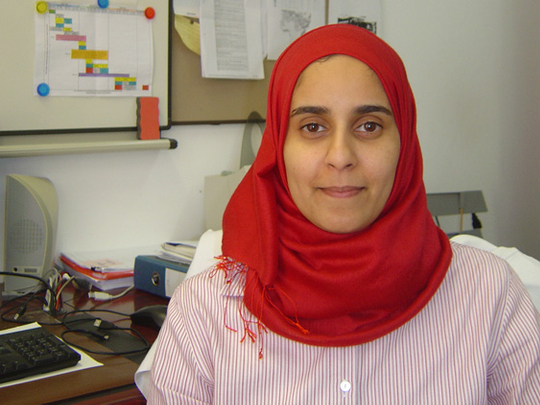
Muscat: Rayhanah Abdul-Munim Mohammad Al Mjeni, a senior biomedical scientist in the Genetics Department of the College of Medicine & Health Sciences at Sultan Qaboos University (SQU), has become the first Omani woman to win the Unesco-L’Oreal Regional Fellowship for Young Women in Life Sciences.
This fellowships program was instituted to accentuate examples of scientific excellence and encourage young women to select scientific careers, according to a press release issued by the SQU today.
The fellowship is aimed at celebrating the phenomenal achievements of the region’s women scientists including their contributions to the advancement of field of science; and, empowering Arab women scientists. The program extends to 17 Arab countries.
Rayhanah hopes this achievement would inspire more women in Oman to take up science and contribute to the advancement of knowledge in their respective fields. Through sciences, she hopes to contribute further to its advancement by actively continuing research within the field of her interest. Her expectation is to contribute to the well-being of communities through improvement of diagnosis, treatment and therapy.
Rayhanah Al Mjeni, who is also pursuing a PhD at SQU, is currently studying the genetics of glaucoma in adults and paediatric stages. This disorder affects the optic nerve, is usually undetected until more than 40 per cent of the peripheral vision is impaired and eventually leads to irreversible blindness. It has a prevalence of about five per cent individuals aged 30 years and above within the Omani population.
According to Rayhanah, the genetic knowledge of this disease in Oman will allow for better diagnosis and prognosis of the disorder along with an impact on the prospects of therapy. “Hopefully this study will provide the fundamental Omani glaucoma genetic knowledge by examining the candidate gene and identifying the relevant mutations that might contribute to its pathogenesis using advanced molecular genetics techniques,” she said.
This year, nine Arab women scientists were selected and were provided with support in recognition of their contribution to the advancement of science and to assist in further progressing their career.


